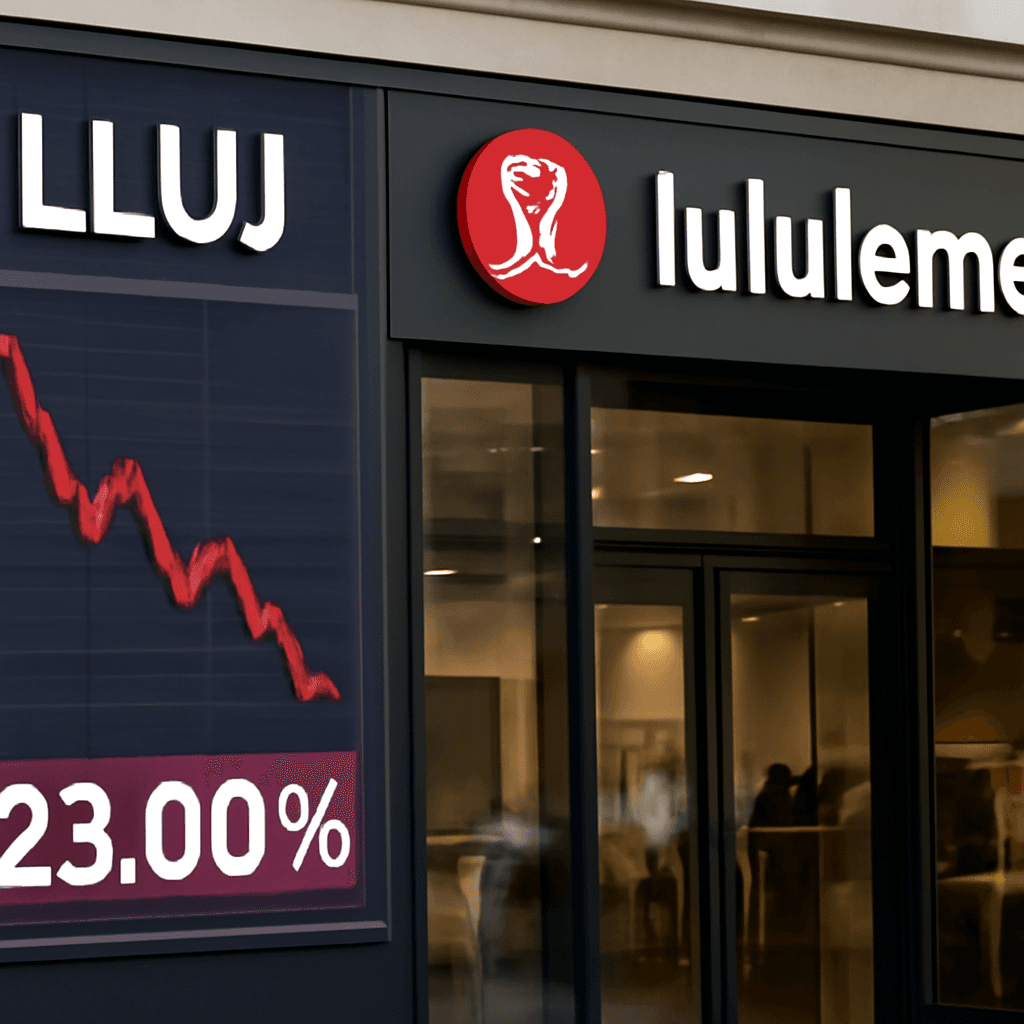The Next Generation of Wealth Inheritors Seek New Advisors
A significant generational shift is underway in the wealth management industry as younger inheritors express intent to replace their parents' financial advisors. A recent survey reveals that 81% of millennials and Gen Z individuals poised to inherit substantial wealth plan to engage new wealth management firms, citing dissatisfaction with the current advisors' offerings.
Key Factors Driving Change
The younger investors point to inadequate digital services and a limited range of financial products as primary reasons for their dissatisfaction. This reflects a broader need for advisory firms to realign their approaches with the evolving preferences of younger generations.
Historic Wealth Transfer Accelerates Demand
An unprecedented transfer of wealth is occurring, with over $100 trillion expected to pass from baby boomers and older generations to their heirs. Of this, more than $60 trillion will originate from ultra-wealthy households, predominantly in the United States, highlighting the pressing need for wealth managers to adapt strategies to retain new clients.
Understanding Younger Investors' Priorities
While wealth managers recognize the necessity of engaging younger clients — with more than two-thirds focusing efforts on this — they still face challenges. Over half of industry executives acknowledge difficulty in fostering relationships with these heirs, whose investment attitudes and lifestyle priorities differ significantly from those of older generations.
1. Embracing Higher Risk Preferences
Unlike the wealth preservation emphasis of boomers, younger investors favor aggressive growth strategies. They tend to engage more with riskier assets such as meme stocks, cryptocurrencies, stock options, and other speculative investments. Enhanced access to online educational resources has boosted their confidence in managing such risks.
2. Demand for Diverse and Alternative Investments
Millennials and Gen Z investors show strong interest in products beyond traditional stocks and bonds, notably private equity, cryptocurrency, and international assets. Key insights include:
- 88% express greater interest in private equity compared to baby boomers.
- Two-thirds of wealth managers currently lack offerings in emerging asset classes like crypto.
- A majority seek enhanced offshore investment opportunities, with focus on global wealth hubs such as Singapore, the UAE, and Saudi Arabia.
3. Preference for Digital Engagement
As digital natives, younger inheritors expect seamless digital access to their wealth portfolios. They prefer mobile apps and real-time updates over traditional in-person meetings. Statistics reveal that:
- 78% of baby boomers favor face-to-face meetings, contrasting with younger generations’ digital preferences.
- Nearly half of millennials report dissatisfaction with the lack of digital services from current advisors.
- Key digital expectations include secure transactions, intuitive decision-making tools, and concise, easily consumable financial updates.
4. Demand for Practical Financial Education
Younger investors seek authentic, engaging financial education rather than outdated or patronizing programs. Their preference is for actionable, simplified content delivered through relatable channels such as podcasts, blogs, and social media. Successful firms combine personable communication with quality services to cultivate client loyalty.
5. Expanding Beyond Investment Advice
The next generation of wealthy clients expects comprehensive lifestyle management support from their advisers, encompassing:
- Estate and tax planning
- Philanthropy guidance
- Concierge services, including luxury travel, bespoke experiences, and luxury goods insights
- Medical care and wellness advice
- Education advisory support
- Cybersecurity consultation
This shift indicates that younger investors value exclusive, experience-based services that align with their lifestyle aspirations alongside traditional financial advice.
The Road Ahead for Wealth Managers
To successfully engage the upcoming generation of wealth holders, advisory firms must innovate across digital platforms, diversify investment products, enhance educational initiatives, and broaden service offerings. Those that effectively tailor their approaches to the values and expectations of millennials and Gen Z will secure a competitive advantage in the evolving wealth management landscape.












